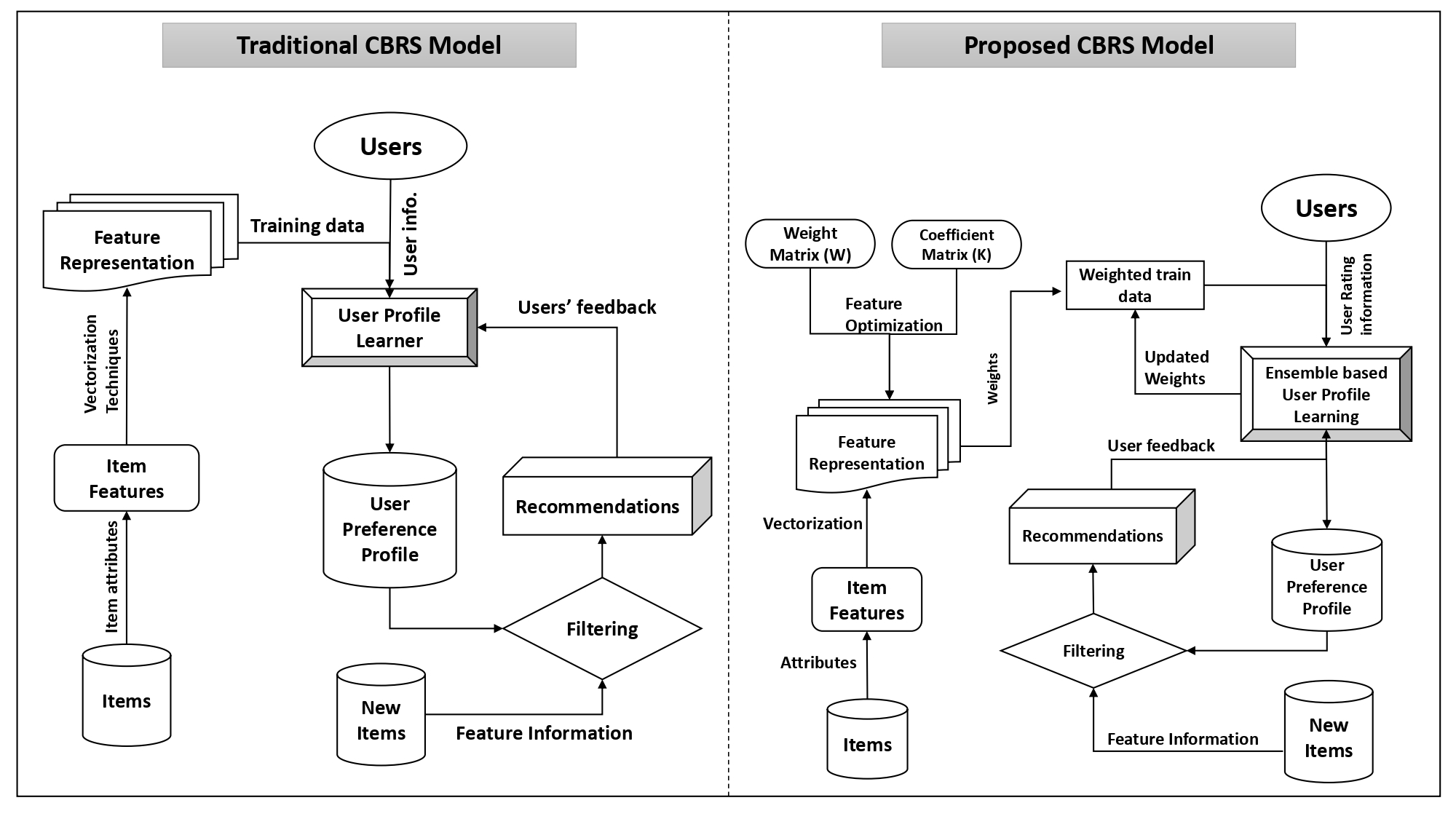Recent News
- Watermarking medical images for their secure transmission July 28, 2022

The Department of Computer Science and Engineering is proud to announce that Dr Priyanka, Assistant Professor, and her research Scholar, Ms Kilari Jyothsna Devi have published their patent (application no: 202241033779 A), “A System and a Method for Watermarking Medical Images for the Secure Transmission of Images”. The patent was published on June 17, 2022, by the Indian Patent Office.
In the present technology, medical images and patient information are widely transmitted through a public transmission channel in e-healthcare applications. While sharing medical images or electronic patient records (EPR) through a public network, they can get tampered with or manipulated, leading to wrong diagnosis by the medical consultants. Similarly, one can easily claim false ownership of the medical images. This makes the confidentiality of the patient record at low cost a major concern.
The proposed novel MIW scheme ensures most of the watermarking characteristics such as high imperceptibility, robustness, security with low computational cost, temper detection and recovery in medical image transmission in real-time healthcare applications. In the future, they intend to design digital image watermarking schemes for the secure transmission of images over blockchain and cloud-based applications.
Continue reading → - Item feature refinement for improved content-based recommendation July 26, 2022

The Department of Computer Science and Engineering is delighted to announce that Dr Abinash Pujahari, Assistant Professor, has published his research article “Item Feature Refinement using Matrix Factorization and Boosted Learning based User Profile Generation for Content-Based Recommender Systems” in the journal Expert Systems with Applications having an Impact Factor of 8.665. The research was done in collaboration with Dr Dilip Singh Sisodia, Assistant Professor, National Institute of Technology Raipur.
This research focuses on improving the quality of information available about the features of various items so that it can be used for content-based recommendations. Content-based recommender systems are used in many e-commerce platforms (e.g., NetFlix, Amazon Prime, etc.). Here, the item (i.e., movies, TV shows) feature information is compared with the users’ past behaviour to recommend similar things. This research enables such systems to study the feature information for more accurate recommendations.
Most of the items’ feature information is sparse, redundant, and inconsistent. Matrix Factorization is used to avoid such inconsistencies. Further, iterative learning of user profiles is used using boosted learning approach for model building. The proposed research is compared with state-of-the-art related works using benchmark datasets and can be implemented in most e-commerce platforms and online streaming service providers. Dr Pujahari looks forwards to employing the same in group recommender systems where individuals have their preferences, in his future research endeavours.
Continue reading →

